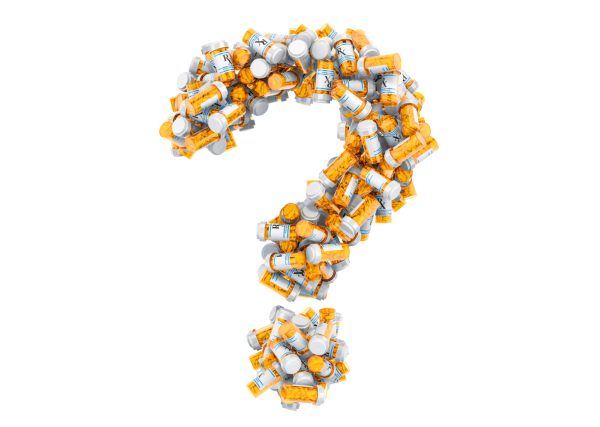
Crime risks to pharma supply chains
Markus Prinz, Senior Manager, Standards & Training at TAPA EMEA, joined delegates from 27 countries for Pharmafreight’s 12th Annual Partner Meeting in Lisbon earlier this month to discuss the cargo security risks to pharmaceutical supply chains.
Established in 2001, Pharmafreight is a global group of independent specialist freight providers working in the pharmaceutical and life sciences sectors, in compliance with the Good Distribution Practice (EU 2013/C 343/01) quality standard. The like-minded companies offer temperature-controlled forwarding and logistics services, some with their own national healthcare regulatory licences, allowing products to be stored, packed, and distributed.
In his presentation, as well as raising the delegates’ awareness of TAPA EMEA and how it supports supply chain security and resilience, Markus highlighted examples of high value cargo thefts involving pharmaceuticals, and the ‘true cost of loss’ for these types of incidents in such a strictly-regulated sector. The consequences of a cargo loss can be far-reaching, given the pharmaceutical industry’s responsibility to maintain the integrity of pharma products through the end-to-end supply chain to ensure the highest standards of patient care.
Markus provided an insight into the scale of cargo crime in the EMEA region, how criminals operate, and the types of incidents recorded by the TAPA EMEA intelligence System (TIS).
Pharmafreight’s Commercial Director, Andy Hughes, commented: “Having attended TAPA EMEA’s own conference in Amsterdam in June, I realised that as many of the topics being discussed there were very relevant to our own organisation, it was important to get the Association’s message out to our own audience. “The threats to pharmaceutical transport continue to change and evolve, with Organised Crime Groups’ (OCGs) modus operandi continually coming up with new ways of gaining control of millions of dollars of medicinal products on their way to patients.”
“Thefts of pharmaceuticals and related products have their own challenges, and if the stolen drugs make their way back into the legal supply chain, it can become a risk to public health. Criminal gangs will not store the medicines in the right temperatures or conditions, which can lead to changes in the characteristics of the drugs. These can range from just shortening the shelf-life of a product, to more serious effects, such as reducing the efficacy of the product, so it no longer provides the patient with the same positive medical outcome.”
“Global healthcare regulators advise that the falsification of medicines – where a genuine medicinal product is replaced with at best a placebo or, in the worst-case scenario, something which can further damage a patient’s condition – is now a global problem, with a growing number of situations where the world’s leading drugs have been found to be falsified and in the legal supply chain. That is why it is vital our own partners and systems adopt the TAPA Security Standards too, to reduce the risk of OCGs gaining access to our trucks and warehouses when transporting such consignments,” he continued.
Pharmafreight will continue to promote the TAPA standards amongst its partners and customers to reduce the risks associated with the global transportation of pharmaceuticals.


















